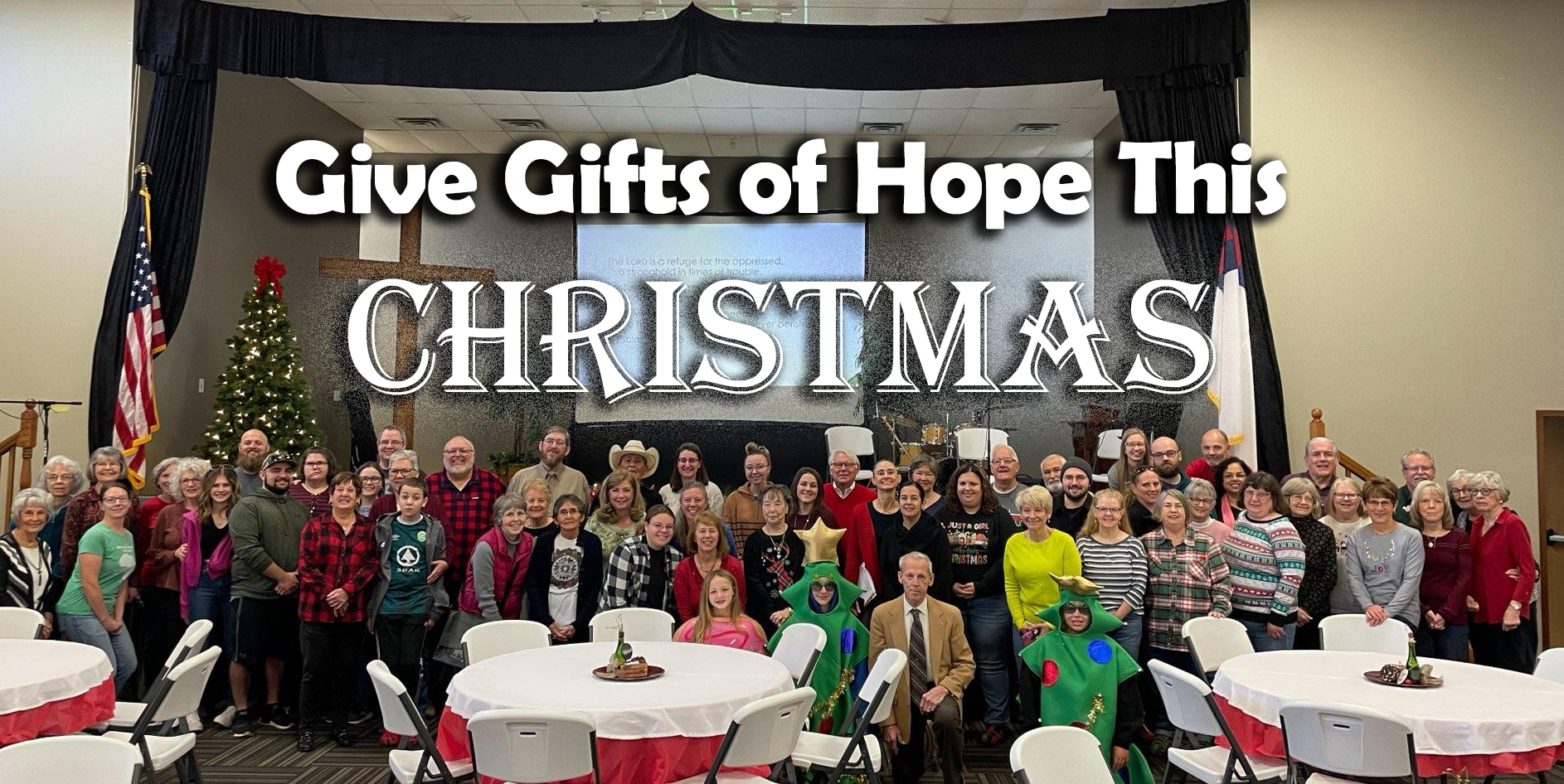
Last week, Friday, December 1st through Saturday, December 2nd, Mt. Pleasant Church of God in Mt. Pleasant Pennsylvania hosted a Fair-Trade market called “Gifts of Hope”. Gifts of Hope is a fair trade marketplace for the Mt. Pleasant community where over 20 vendors send or bring fair trade products, hand made by artisans from around the world. There is complimentary coffee and donuts, live music, and best of all, admission is free. The event has been a massive success, with hundreds of people spending thousands of dollars to support fair trade vendors, farmers, and artisans, who make the products.
We heard about Gifts of Hope last year when Lance attended a conference event at the Mt Pleasant Church of God in which the concept of fair trade was presented and fair trade coffee was served. He brought back a sample bag of coffee back to our office in Findlay. We tried it, realized that the coffee was better than Folgers by a wide margin, and thought we’d feel good as an office supporting a fair trade coffee company. For the last year, we’ve been drinking the coffee from Building New Hope, (specifically the medium roast, if you were wondering), and we love it. But Gifts of Hope is more than just good coffee, it’s a mission to see lives changed through fair and equitable wages. In a sense, it’s a shift in purchasing habits that results in a worldview transformation. We talked to Penny Zeisloft, the founder of Gifts of Hope, to hear more about what Gifts of Hope is, and what the team hopes to achieve through events like the one they held last week.
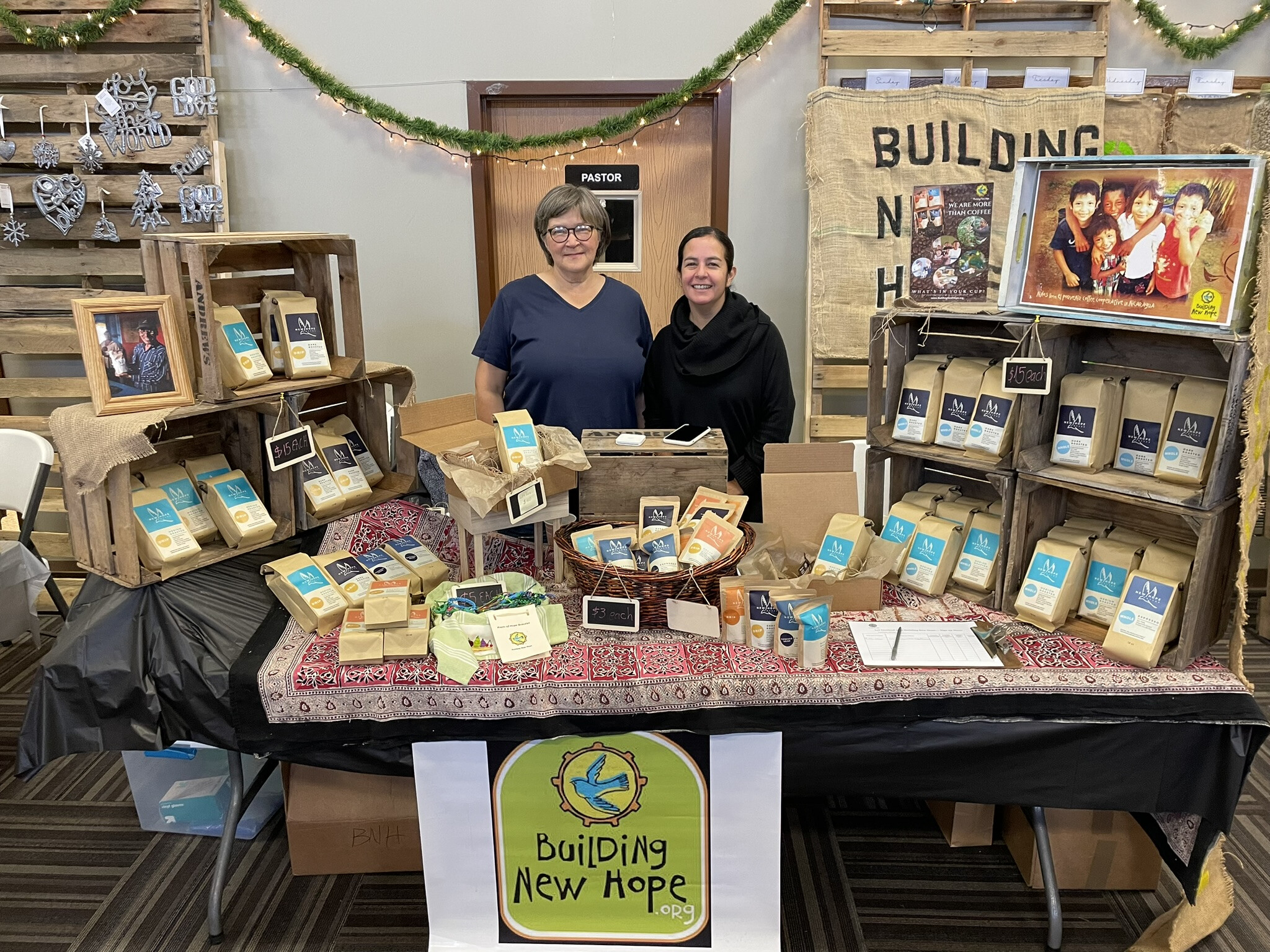
What is Gifts of Hope and how did it start?
Gifts of Hope was something that started in my home in 2015. Someone had invited me to a home party for one of the vendors that we now support, Rahab’s Rope. This is a Christian organization that helps rescue women from human trafficking situations in India. Then they teach them a trade and give them a respectable profession.
The whole idea of Gifts of Hope started there in that one little home party. I hosted a small sale in my home. The first year, we had 4 different vendors there. That was 2015. $4,000 worth of goods was sold that year. This year, we had 23 vendors who support artisans and farmers all around the world with a fair and living wage. We sold $26,000 worth of goods in 6 hours! We had 500 people walk through our doors. Mt. Pleasant Church of God does not keep a cent of this money. It all goes back to the vendors that help support the artisans and the farmers.
We know everyone shops for gifts for Christmas, but we believe we can be a blessing with our purchases. We can not only bless the recipient with something unique and hand-made, but we can bless the person who made that gift. There is a person at the front end of that product, and through fair trade, we can support that person.
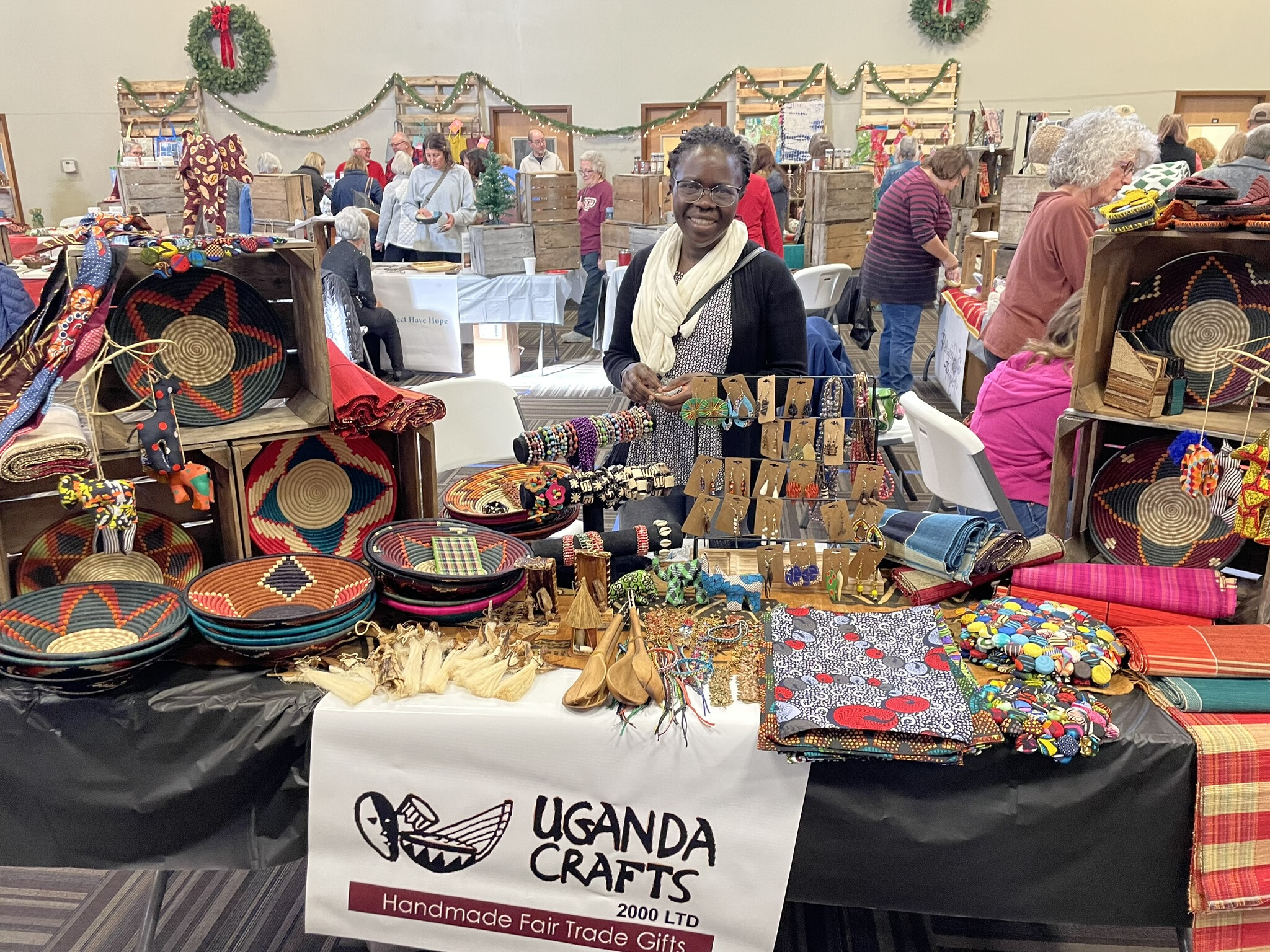
How have you connected with these vendors? How does this network happen?
Many of these vendors were found on the Fair Trade Federation’s website. We look mainly for vendors who are willing to work on consignment if they are unable to attend in person. In other words, they ship us their product to sell, we sell what we can, and we send the remainder back. The organization pays the shipping costs. We work with about 17 vendors in this fashion, and these must be the terms of the agreement because we work with so many vendors. But we also work with local vendors who have fair trade businesses in Pittsburgh and Cleveland, such as Ten Thousand Villages, Women of the Cloud Forest, and Revy Fair Trade. They bring their own product and run their own tables at our event. As word spreads about Gifts of Hope, more vendors are willing to work with us because this is the biggest fair trade sale in southwestern Pennsylvania. As we keep no portion of the proceeds, our terms are fair for these vendors.
What is fair trade and what are the ethical implications behind it?
Fair trade is a trading partnership, and that word is important, partnership between consumers and developed countries, and producers in developing countries, in which fair prices are paid to the producers. It puts people above profit, and empowers rather than exploits, so everyone in the supply chain shares a commitment to help disadvantaged people.
Production is often small scale and based on relationships. It gives the artisans and the farmers the ability to lift themselves out of poverty with sustainability and independence. It is trade, not aid. It is not charity but a just market.
It is a market-driven partnership that is fueled by a heart change in the buyers.
Other than a fair wage, other trade concerns are safe working conditions, avoidance of child labor, and the ability of the producers to build capacity so they can become more independent in the future. For example, offering micro loans, and purchasing sowing equipment.
Mt. Pleasant withholds no portion of the proceeds because we want all of the money to go back to the vendors, artisans, and farmers. Also, we want it to be clear for the community that this is not a fundraiser for a church, but something we are doing to help the poor, the downtrodden, the afflicted, and the oppressed across the globe.
I think we can all agree that providing meaningful employment to people is a good thing because employment brings dignity, and dignity is very important.
How have you seen gifts of hope provide dignity?
People take pride in the expectation that they will provide a quality product. They are proud to have their product sold. They are proud to be a part of the team. So fair trade is a way to help in more of a partnership fashion in that they offer something to us in return.
Here, for example, are just two of the vendors we work with at Gifts of Hope. They are small local Pittsburgh companies, but they are having a big impact! We are grateful to partner with these companies in the capacity of a marketplace to sell their goods in an untapped market (such as Westmoreland County, where our church is located).
Women of the Cloud Forest work with artisans in different communities in Nicaragua and Nepal, who use raw materials that are available to them. For instance, they work with the population on an island who has access to a fast-growing, light weight balsa wood. This island is remote, and it’s very hard to get product in and out, but Women of the Cloud Forest does it. The workers carve handmade ornaments from the Balsa wood. Women of the Cloud Forest works with another community that makes aluminum crosses from recycled car parts. They work with another community who make luminaires out of clay.
Building New Hope is also a local Pittsburgh company, who partners directly with 52 families of the El Porvenir Coffee Cooperative in Leon, Nicaragua. As most coffee is imported to wholesalers in three primary US ports, it is unique that Building New Hope imports shipments directly to Pittsburgh for local roasting. They pay their farmers above the fair trade price/lb. The farmers grow organic coffee, using no pesticides. Workers hand-sort the beans, which provides additional jobs within the cooperative.
And I would add – we want to help anyone that wants to help – anyone that is willing to get down in the trenches and do the work. We want to partner with these organizations.
What is your theological motivation?
Genesis 12:1-3. When God is speaking to Abram, it’s a seven-part promise. The first three say how God will bless Abram, the last three say how Abram will bless others. There is a command in the middle, “and you will be a blessing”. It’s an imperative. God has blessed us, so we are to be a blessing. It’s a command. At Christmas time, the average American spends about $600 on Christmas presents, and we can do that while being a blessing. I’m not saying to not buy Christmas presents, but I’m saying you can do good with your purchase.
Along with that is Proverbs 3:27, “Do not withhold good from those who deserve it, when it is in your power to act.” When we buy Christmas presents, it is within our power to act. The evidence of scripture is that God has a special place in his heart for the poor, downtrodden, afflicted, and oppressed. God cares about Justice.
The key verses for Gifts of Hope are Isaiah 58:6-9, “Is this not the kind of fasting I have chosen?”, “to set the oppressed free and to break every yoke? Is it not the share your food with the hungry,”… “And not to turn away from your own flesh and blood?”
And Matthew 25:40, “whatever you did for one of the least of these brothers and sisters of mine, you did for me.”
How has Mt. Pleasant Church of God supported Gifts of Hope?
We had 60 volunteers and musicians that supported this event this year. It brings our church together for a common cause. We also view it as a local ministry to our community. We don’t just provide a fair trade sale. We provide live music, coffee, and donuts. We offer a full-scale Christmas event for our community. We had 500 people walk through the door this last weekend. It tells [the community] that we not only care about artisans and farmers, but we care about them too.
We’ve partnered with other local CGGC churches in the last two years, who have hosted our Navajo friends, Ernest and Arlene John, from the Gamerco Church of God. They are very talented artists – they create pottery, etching, and jewelry that are in high demand at our sale.
And the CGGC has missionaries Jake and Lauren Jones in Columbia, who work with the indigenous women, who weave one-of-a-kind bags. Those are sold through The Wajaro Foundation.
So then, our vision is for fair trade to be spread through the churches. We are talking right now with a local church to have that church have its own fair trade sale. The vision is to spread fair trade geographically through the churches, in Jesus’s name. We are also hoping to be able to partner with artisans in some of our sister churches in Bangladesh and India in some capacity in the future.
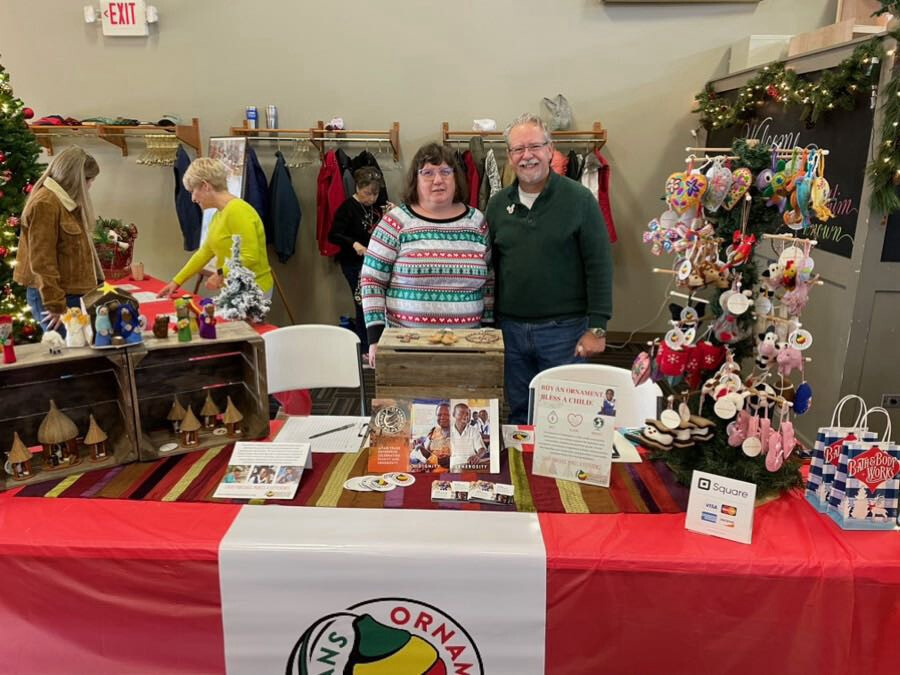
What should churches or people do if they want to get involved in fair trade like you have?
Have them contact the Mt. Pleasant Church of God, Mt. Pleasant, PA. Phone: 724-547-7110. We can get information to them. I recommend starting small and building on it year after year. Maybe just starting with one vendor and having a women’s event.
This is such an easy way to help people. Buying these products is such an easy way to help. And there is always a person behind the product. There is always a face. And depending on what we buy, and where we buy it, people are affected.
CGGC eNews—Vol. 27, No. 48

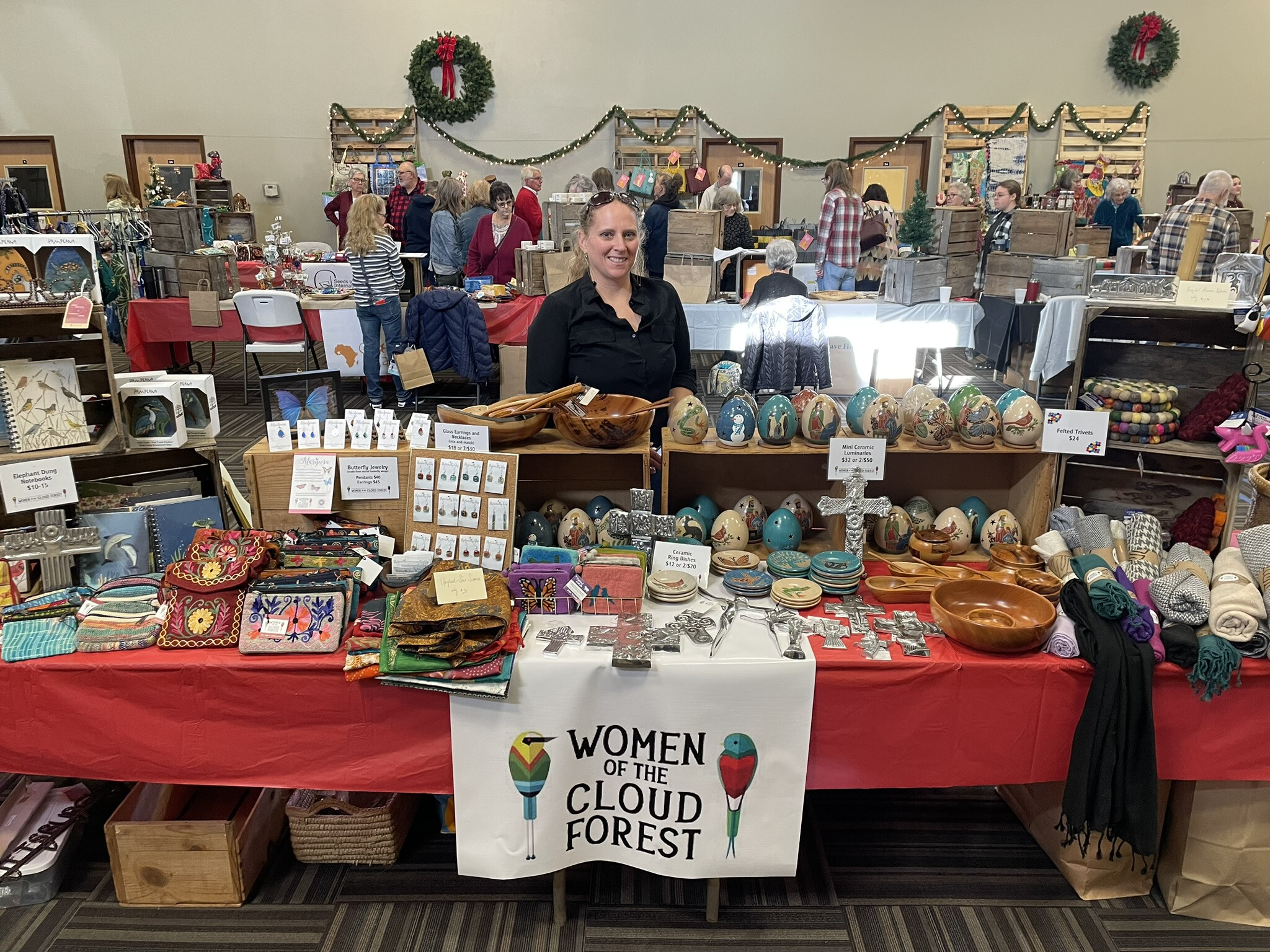
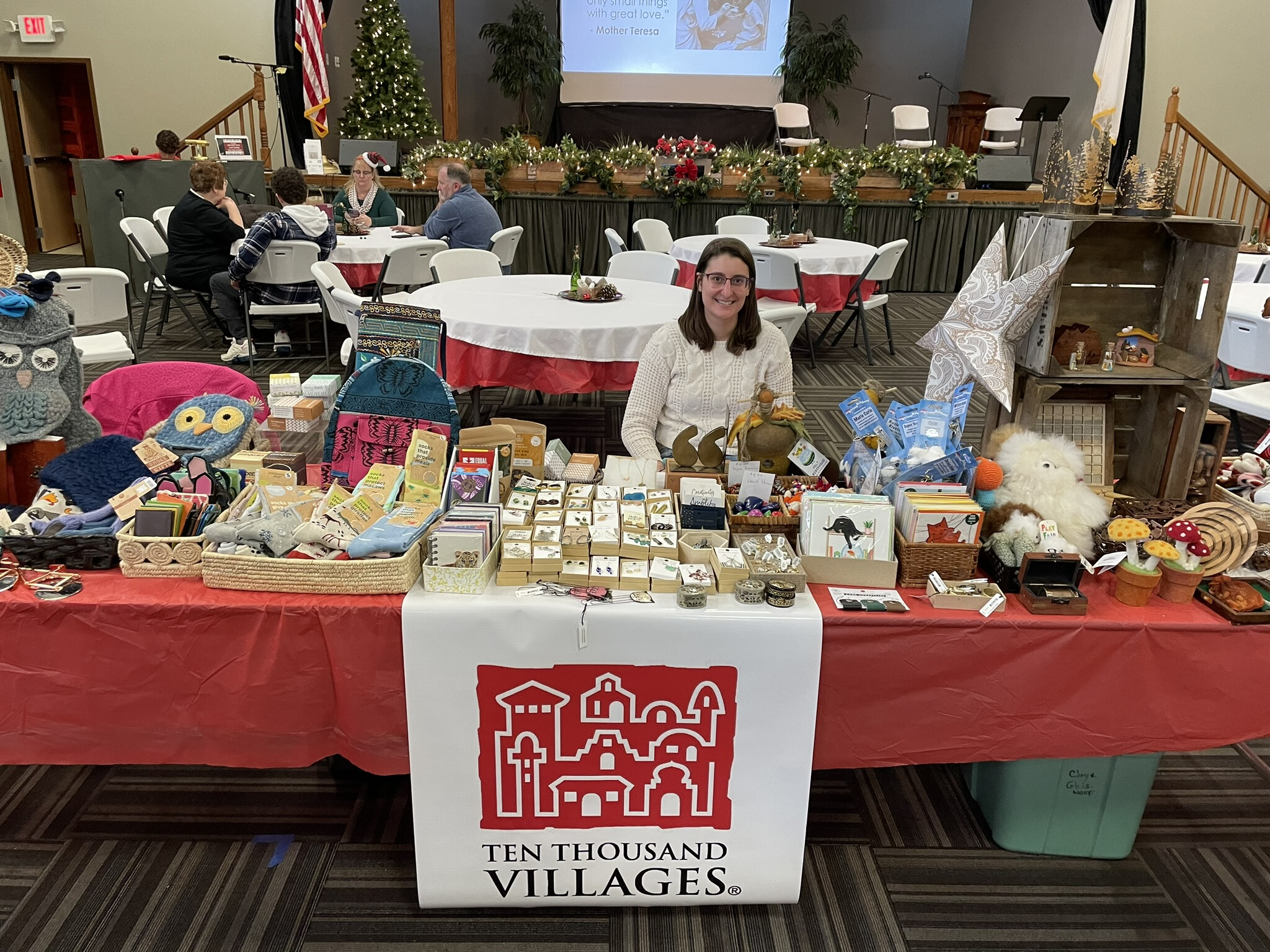

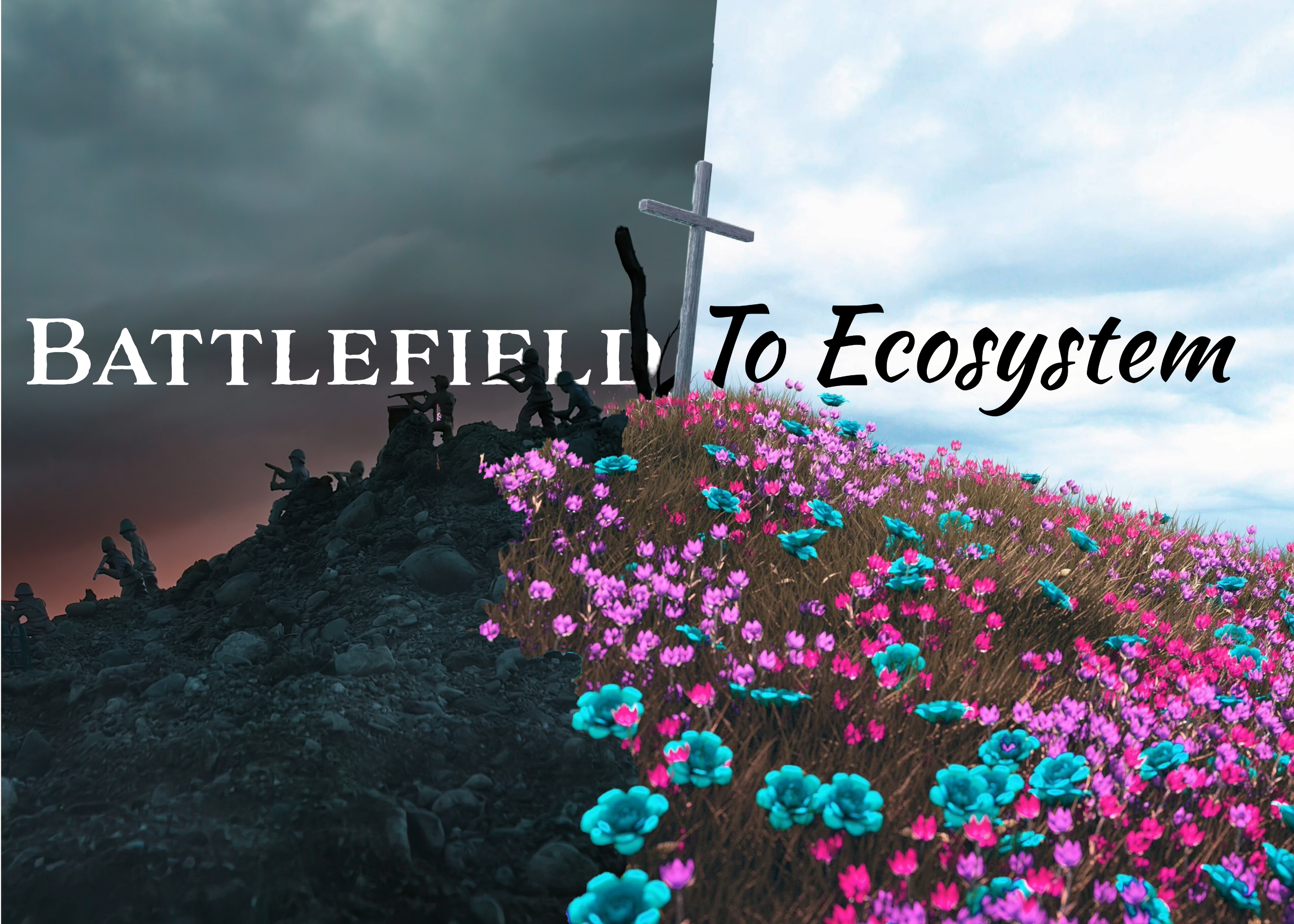
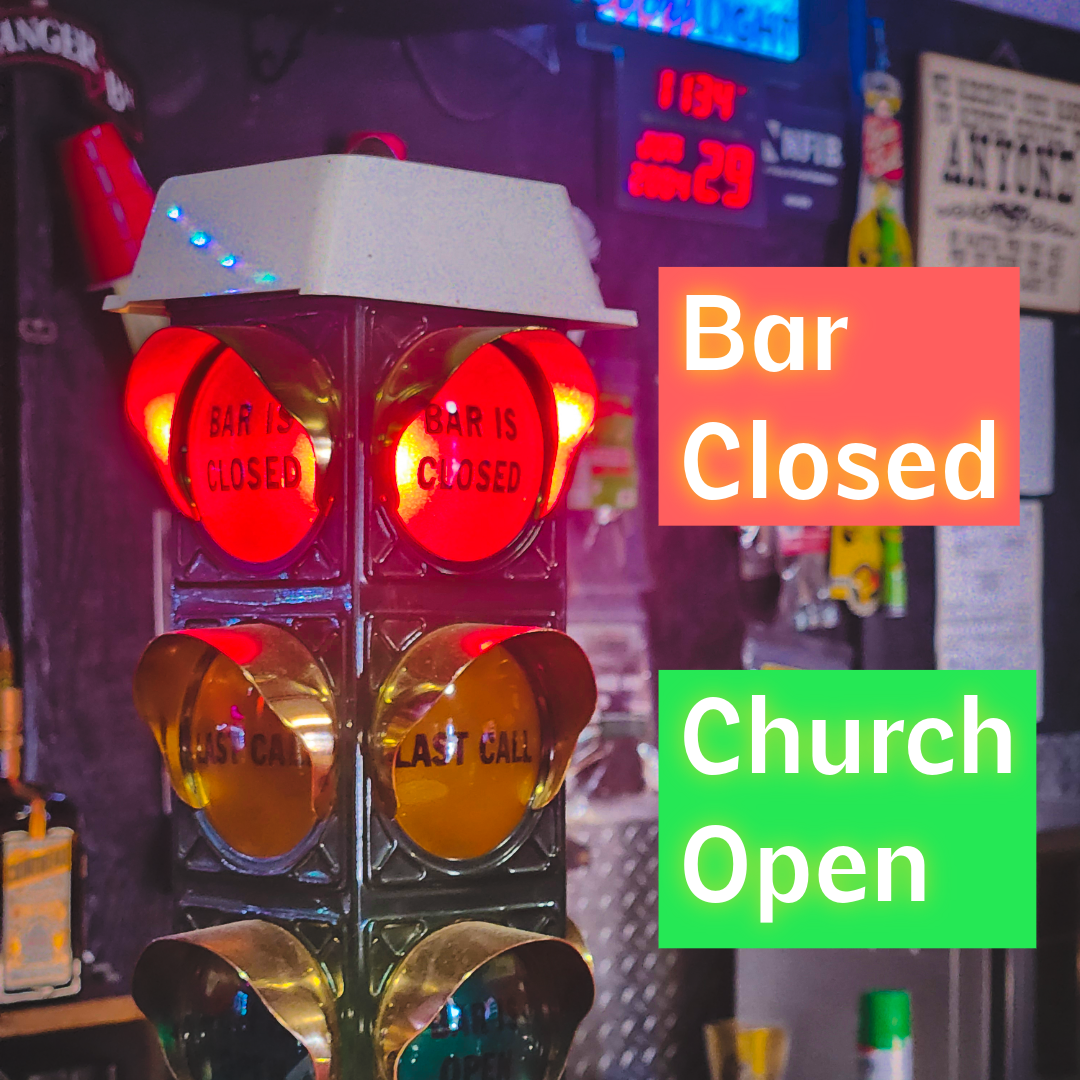
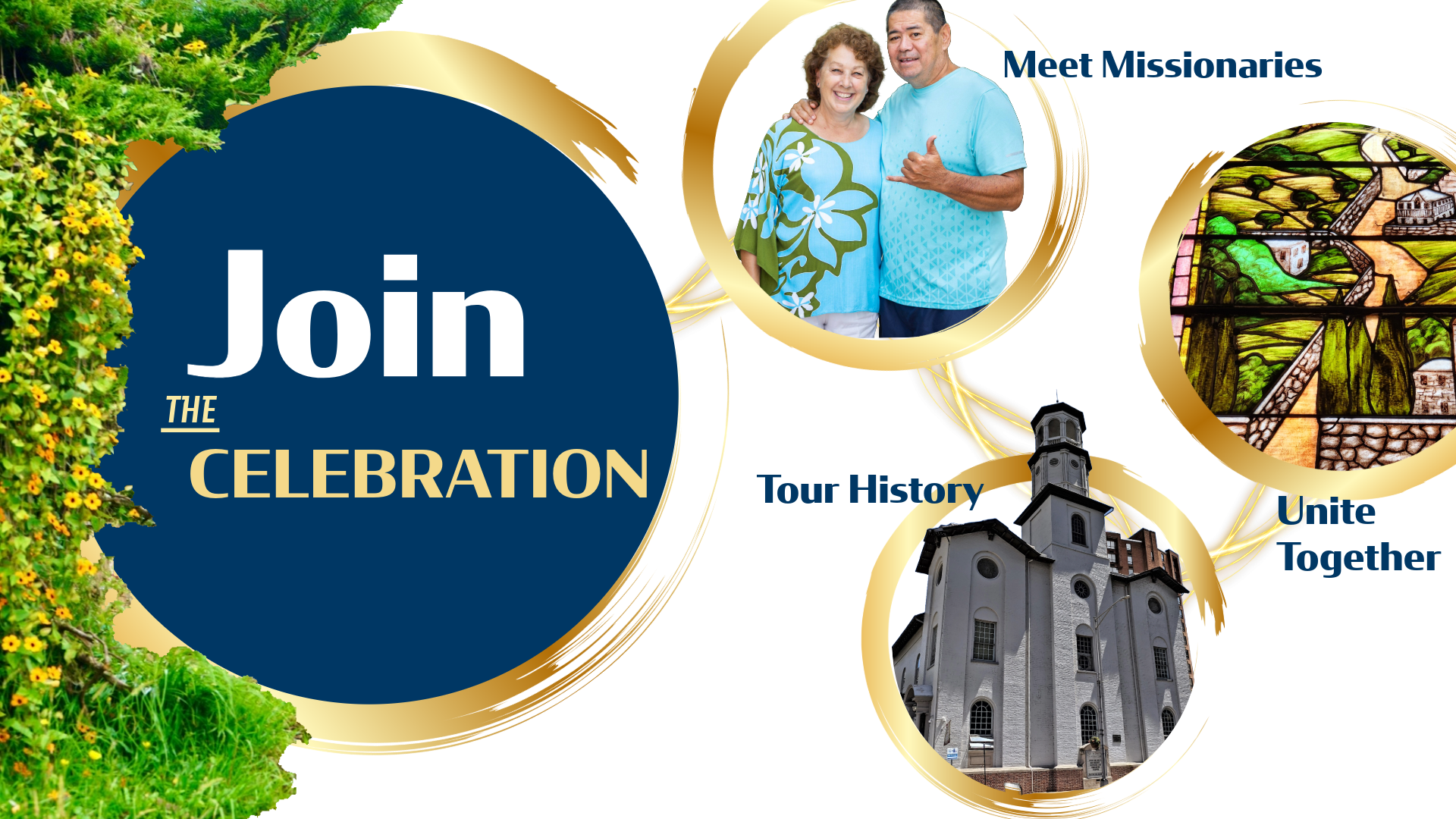
Login To Leave Comment